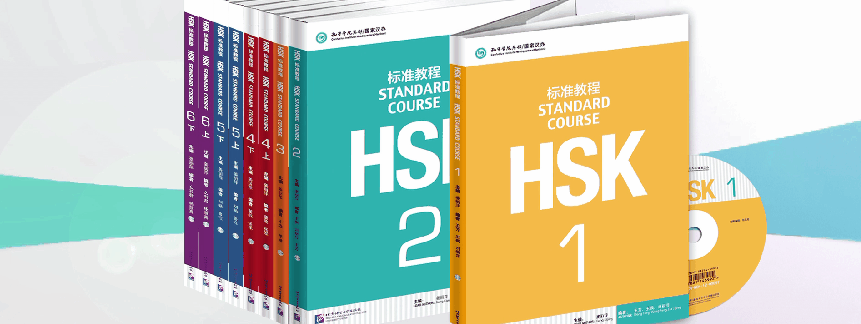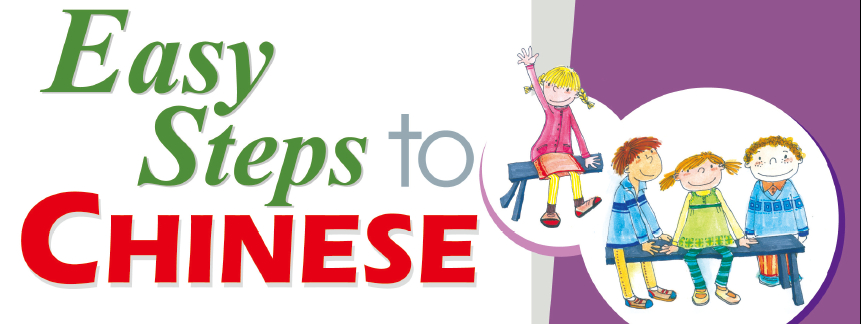Online Bookstore
Business Chinese Conversation (Elementary) (The Fourth Edition) Vol. 2
Author:Huang Weizhi
- Medium:Books,MP3
- ISBN: 9787561951576
- Page Count: 275
- Size:
- Pub Date:2018-09
- The book weight: 526 g
- Annotation Language:English
- Course:Speaking
- Target Audience(Age):Adults
- Target Audience(Language):Elementary
- Price:
-
Category: Textbooks >Study in China >Degree Education
Textbooks >Study outside China >Universities
More













